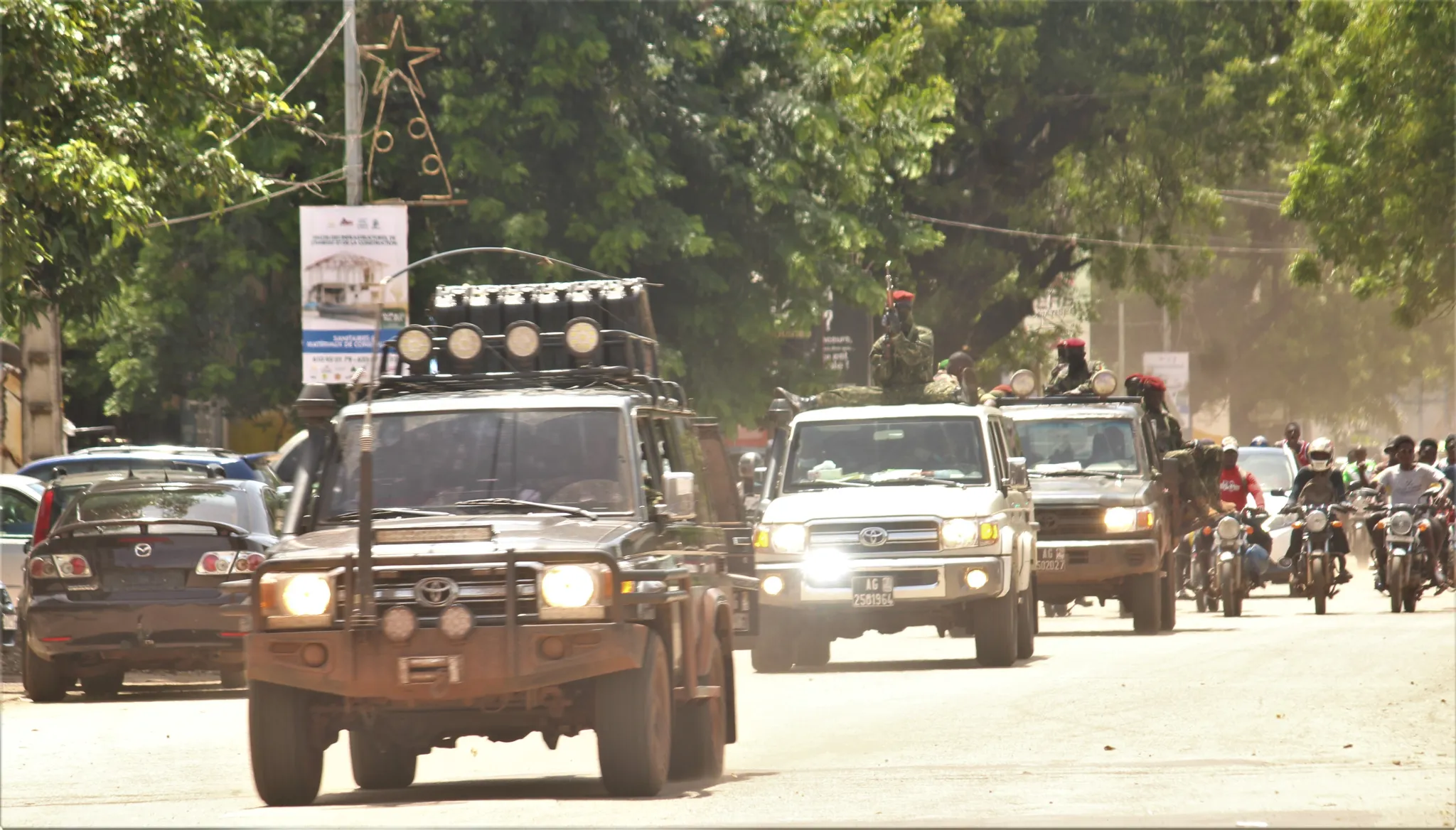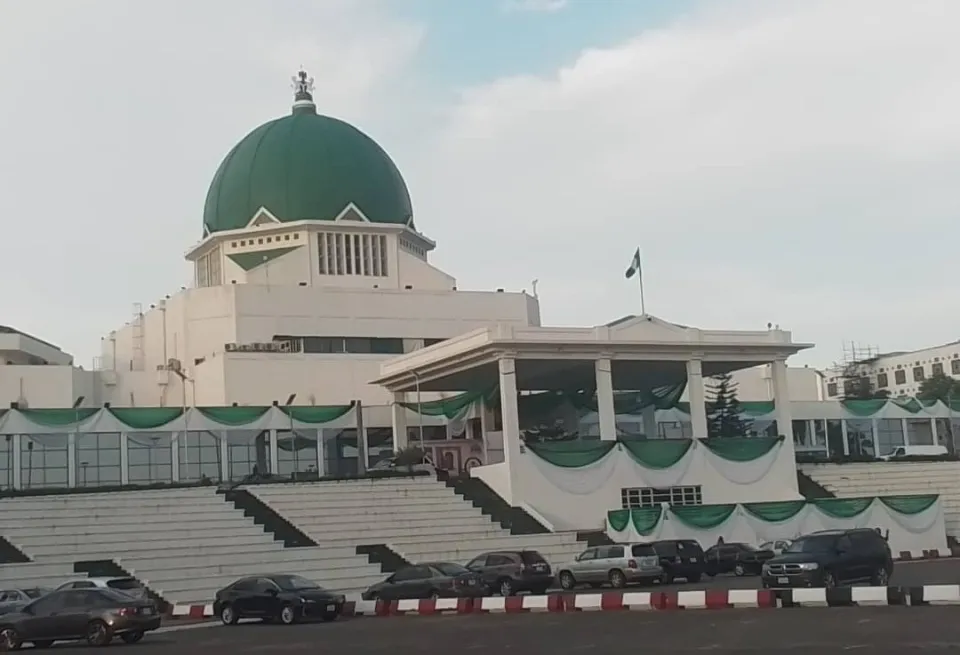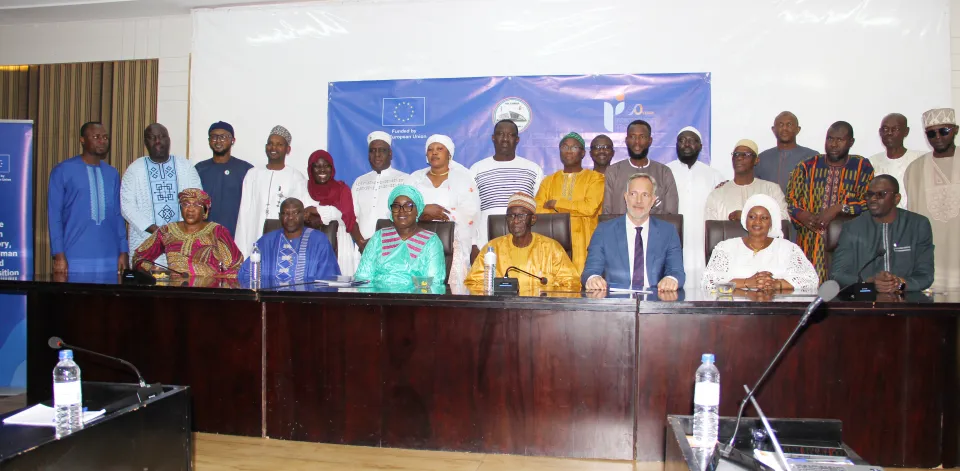Explainer: When do you call a seizure of power a coup, and why does it matter?

Disclaimer: Opinions expressed in this commentary are those of the author and do not necessarily represent the institutional position of International IDEA, its Board of Advisers or its Council of Member States.
On 30 September 2022 in Burkina Faso, Capt. Ibrahim Traoré took control of the government, deposing Lt. Col. Paul-Henri Damiba, who had himself seized power from the civilian government in January. Was this a coup d’état? On 20 April 2021 in Chad, after President Idriss Déby died, the military installed his son, General Mahamat Déby, as the new president instead of the leader of the National Assembly (as the constitution provides). Was this a coup d’état?
Beyond the potentially difficult cases of Burkina Faso and Chad, the “coup” label has been applied to other contested cases in recent years. In our view, it is important to maintain clear conceptual boundaries around what is and is not a coup d’état. There are many ways in which illegitimate changes in government may take place. Some are legal, some are illegal, but not many fulfil the definitional requirements of a coup d’état.
What exactly is a coup d’etat?
In the classical conceptualization, a coup has three constitutive elements: (1) a state perpetrator, (2) the chief executive as a target and (3) the use of illegal tactics. There is no definitive statement in international law on what constitutes a coup.
Why does the definition matter?
The application of the label coup d’état can have important diplomatic ramifications in terms of how other states interact with the new government. It also has concrete legal implications for some intergovernmental organizations. The two organizations that have dealt with coups d’état most explicitly are the African Union (AU) and the Organization of American States (OAS). In the case of the AU, there is an established procedure for dealing with a broad category of events they call “unconstitutional changes of government” (UCG). When a UCG is deemed to have taken place, the member state should be suspended from the AU. In the case of the OAS, the Inter-American Democratic Charter includes a “democracy clause” that should lead to the suspension of a member states when the democratic order is interrupted by such as a “forcible overthrow” of the government.
What’s happening in Africa?
Since 2020, there have been seven successful coups d’état or unconstitutional transfers of power (Chad [April 2021], Guinea [September 2021], Sudan [October 2021], and Mali [August 2020 and May 2021] and Burkina Faso [January 2022 and September 2022] twice each), and two unsuccessful attempts (Guinea-Bissau [February 2022] and Niger [March 2021]) in Africa. It has been two decades since there was such a quick succession of coups and coup attempts.

Where else in the world are we seeing this?
Coups d’état (successful or attempted) have happened at some point on every continent. They were particularly numerous between 1960 and 1990, and had become rarer since the mid-1990s. In the last two years, the only coup d’état outside Africa took place in Myanmar in February 2021. To the extent that there is a “wave” of coups going on right now, it is geographically concentrated among Sahel countries.
What’s the impact on regimes?
When it takes place in a democracy, a coup d’état often tips the country into authoritarianism, increases levels of repression and, when perpetrated by the military, leaves a dangerous precedent for its involvement in politics. It also casts a long shadow, with a single coup attempt increasing a country’s coup risk for up to 25 years. Yet the vast majority of coups do not occur in democracies and the picture in authoritarian regimes is less clear cut. A growing body of research indicates that a coup, which removes an authoritarian regime can increase the country’s prospects of democratization – this is in part determined by the international community’s response.
What has the international response to these coups been?
The response has varied somewhat, particularly with regard to what has been deemed to constitute a coup, or in the language of the AU a UCG. Myanmar’s coup was condemned as such by many member states in the UN General Assembly, but much of the international community has been hesitant to engage with the military regime and the National Unity Government. The AU classified both of the two recent coups in Burkina Faso to be a UCG. However, it refrained from doing so in the case of Chad, arguing that the suspension of Chad’s constitutional order was justified by the fact that the country was under attack from terrorists and foreign mercenaries. The inconsistency in the AU’s responses to this spate of coups reflects the difficult trade-offs that the international community faces when deciding on whether to sanction coup leaders in order to deter further coups, or to engage them so as to maximize the prospects of democratization. Yet a continuation of such inconsistency risks further weakening the AU’s anti-coup norm.
What can be done to restore democracy?
Following a coup d’état, it is necessary to quickly begin a process for a return or transition to civilian, democratic rule. The AU and ECOWAS interventions in Burkina Faso and Mali are good examples of how a transitional plan can be developed in the face of significant political instability, although holding coupists to timetables has proven difficult. The transitional plans for both countries are scheduled to end in elections.





